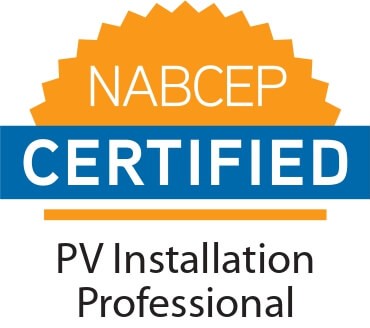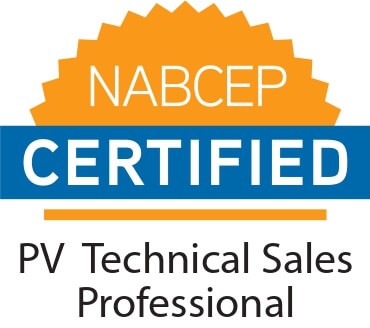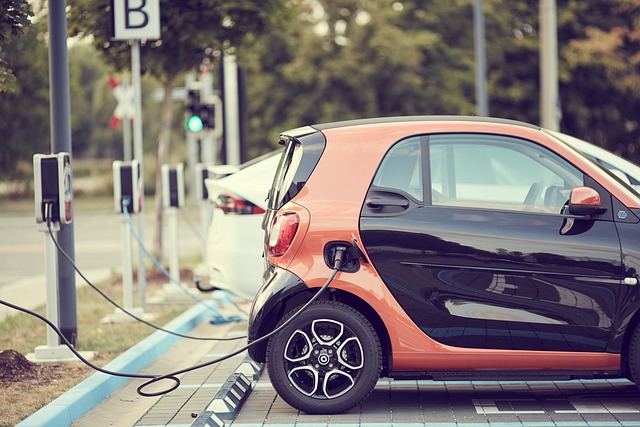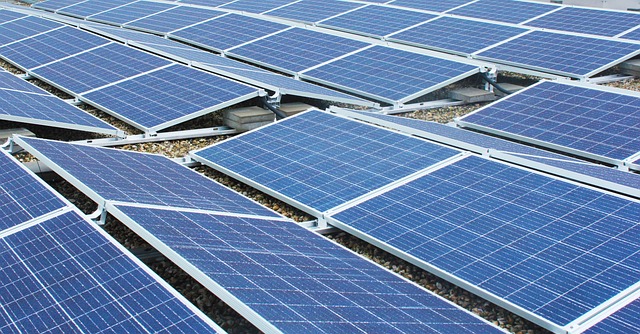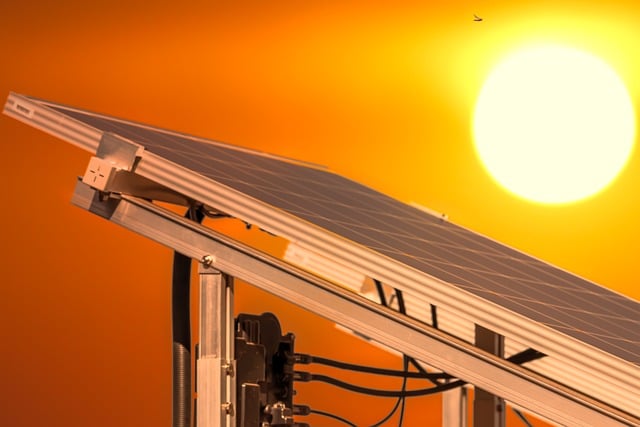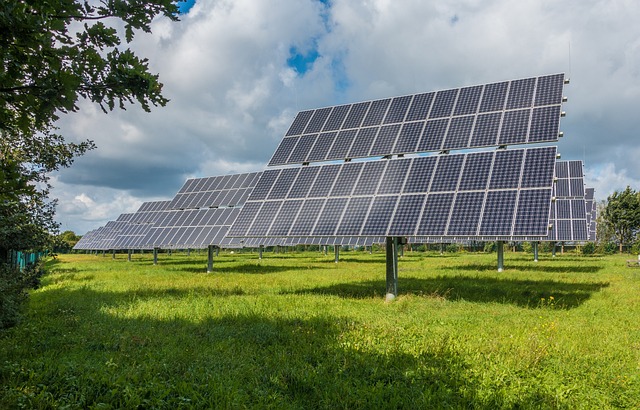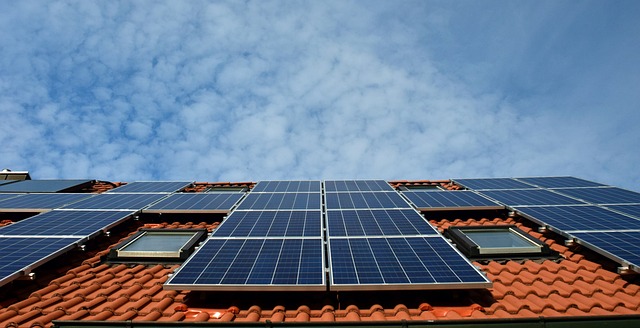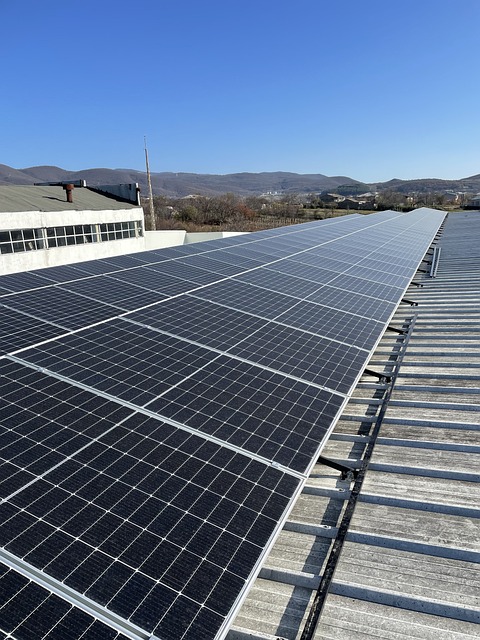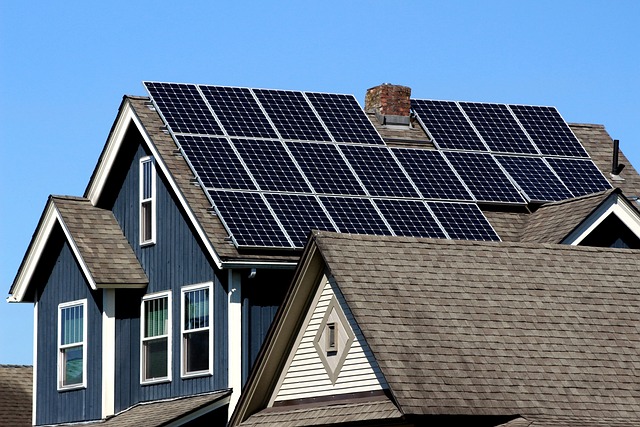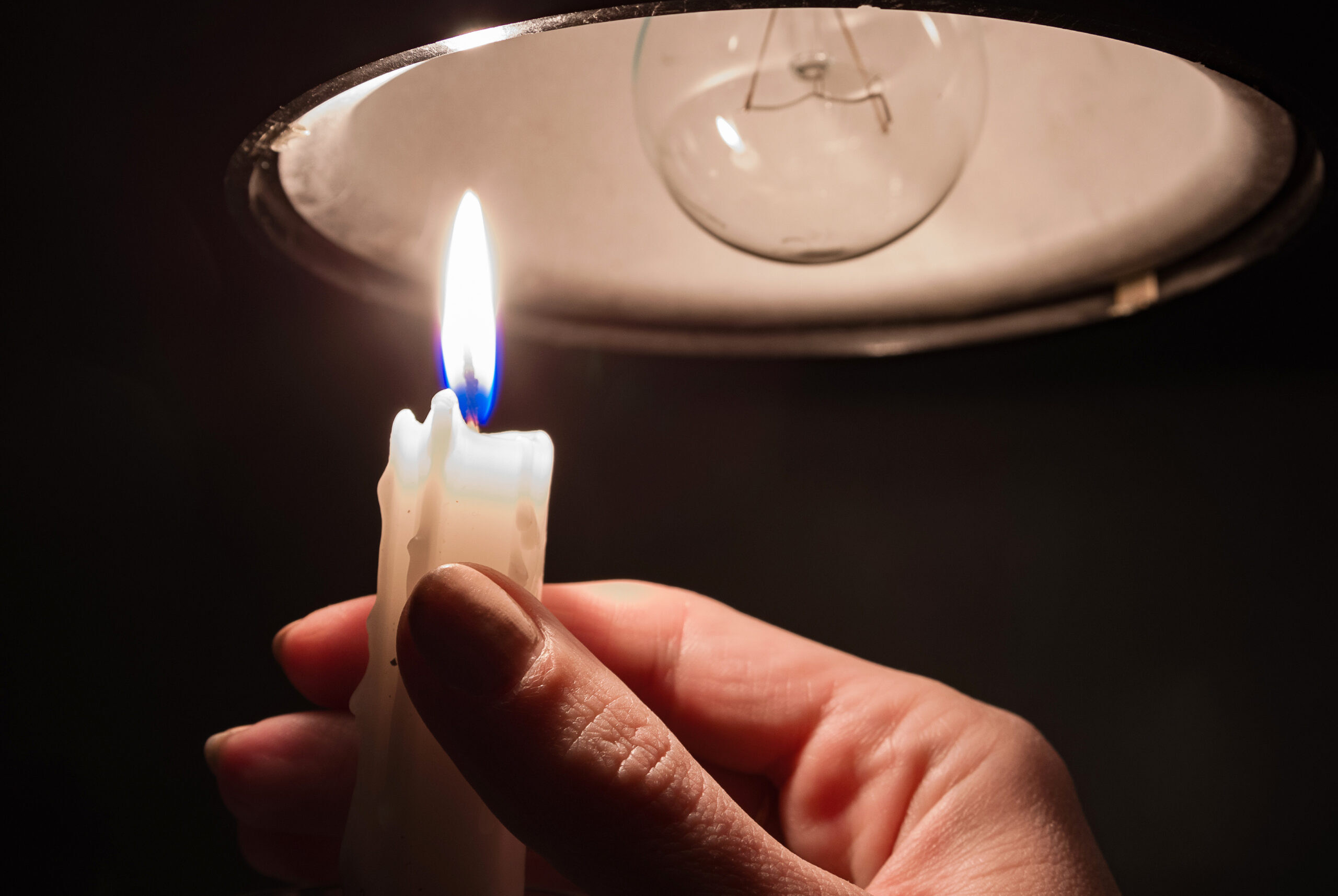As the world moves towards a greener and more sustainable future, more businesses are recognizing the benefits of transitioning their vehicle fleets to electric vehicles (EVs). Not only do EVs help reduce carbon emissions and improve air quality, but they also offer long-term cost savings for companies.
If your company wants to enhance its sustainability efforts and reduce the costs associated with charging EV fleets, consider installing on-site, solar-powered charging stations. Here’s how businesses with hybrid or electric vehicles can benefit from this innovative solution.
Benefit #1. Reduced Operating Costs
One of the primary advantages of solar-powered charging stations for businesses is the potential for significant cost savings.
Solar energy is an abundant and renewable resource that can generate electricity without relying on fossil fuels. By harnessing the power of the sun, businesses can avoid the rising costs of traditional grid electricity.
Companies with solar-powered chargers can essentially charge their EV fleet for free, resulting in reduced operating costs in the long run.
Benefit #2. Energy Independence
Solar-powered charging stations offer businesses a level of energy independence. By generating electricity on-site, companies can reduce their reliance on the grid and protect themselves from rising energy costs.
Creating a more reliable and sustainable energy supply allows companies to better control their operational costs and budgets, which can ultimately lead to more flexibility with their funds.
Benefit #3. Environmental Benefits
By using solar energy to power their charging stations, businesses can significantly reduce their carbon footprint.
According to the U.S. Environmental Protection Agency, transportation is one of the largest sources of greenhouse gas emissions. By transitioning to EVs and utilizing solar power, businesses can significantly reduce their emissions, contributing to a cleaner and healthier environment.
These environmental benefits extend beyond your business and can positively impact your brand image.
Benefit #4. Positive Brand Image
Sustainability has become an increasingly important factor for consumers when choosing which companies to support.
By adopting solar-powered charging stations for their electric vehicle fleets, businesses demonstrate their commitment to reducing carbon emissions, promoting renewable energy, and being environmentally responsible.
This can enhance their brand image and reputation, helping attract eco-conscious customers and investors.
Benefit #5. Tax Incentives and Rebates
State and federal governments offer tax incentives and rebates to businesses that invest in renewable energy projects, including solar-powered solutions.
Installing solar-powered EV charging stations allows businesses to qualify for rebates and tax credits, meaning they can quickly recoup installation costs when switching to solar.
Benefit #6. Resilience and Backup Power
Businesses have the option to install batteries to store excess solar power for their EV fleets. This means companies can store excess solar energy generated during the day and use it to charge their EVs at night or on excessively cloudy days.
These battery systems can also act as backup power sources during grid outages or emergencies, ensuring businesses can continue operating even during power disruptions.
Schedule a Consultation with Milestone for Commercial Solar-Powered EV Charging Solutions
If your business has transitioned to hybrid or electric vehicles, it’s time to consider solar-powered charging stations with Milestone Solar. Contact us today to schedule a free consultation and estimate and see how solar energy can benefit your business!

